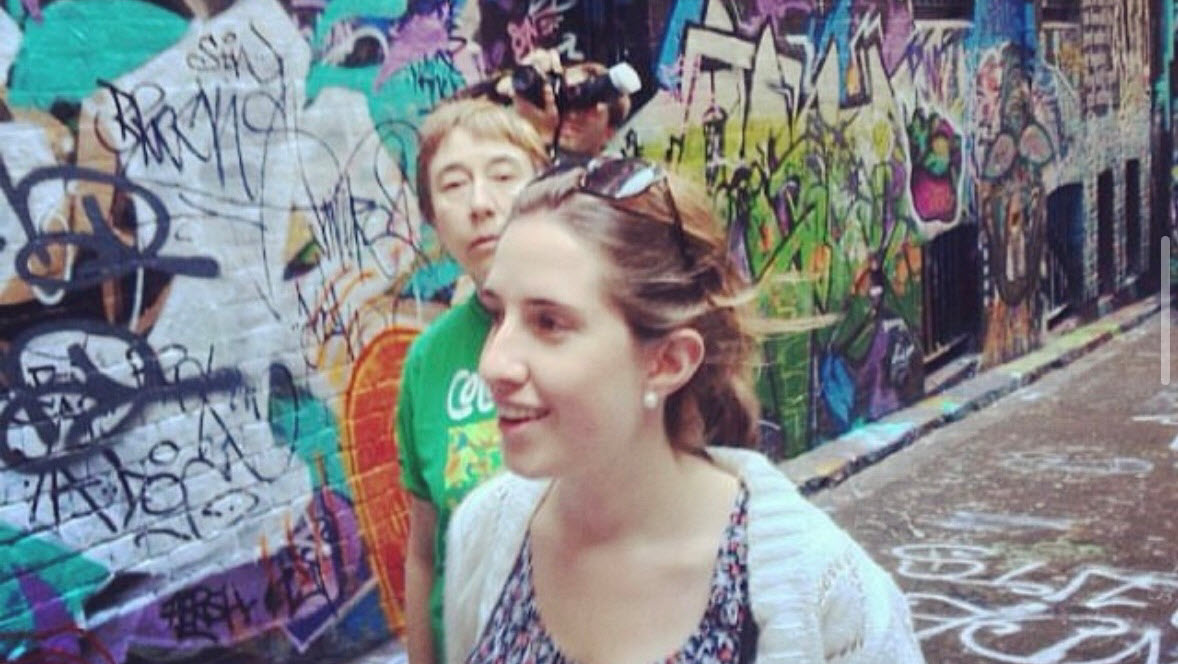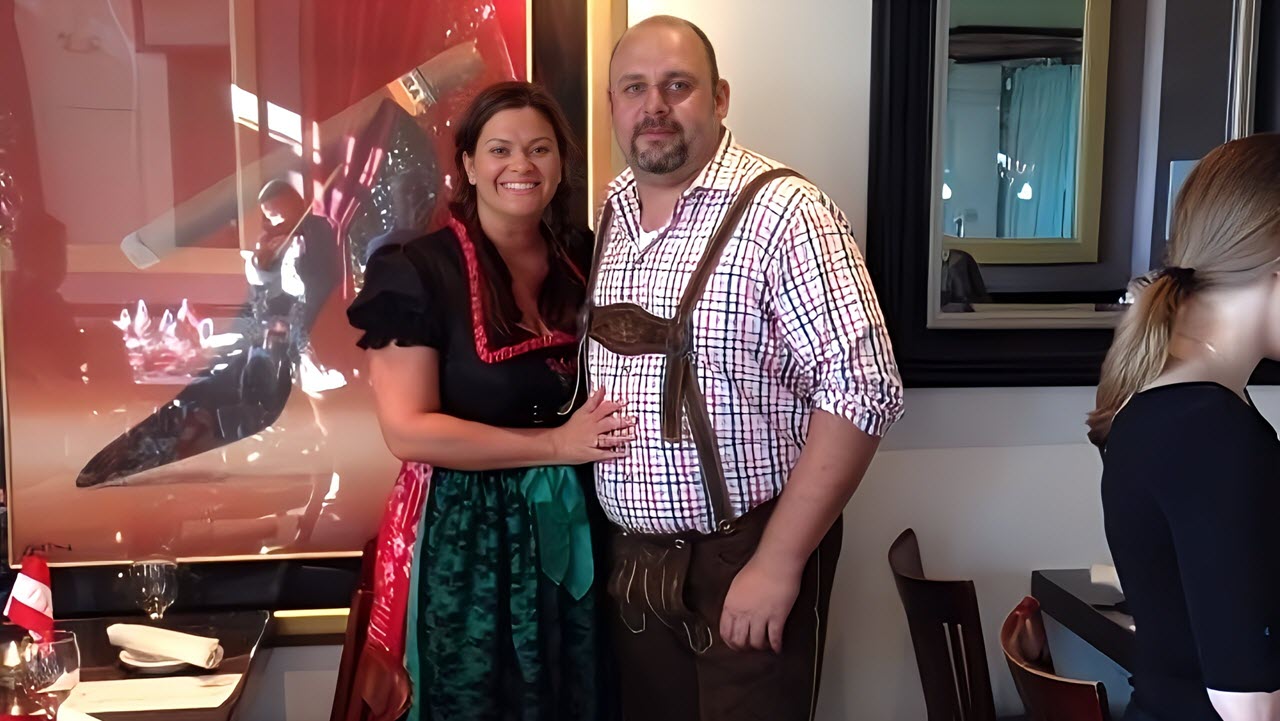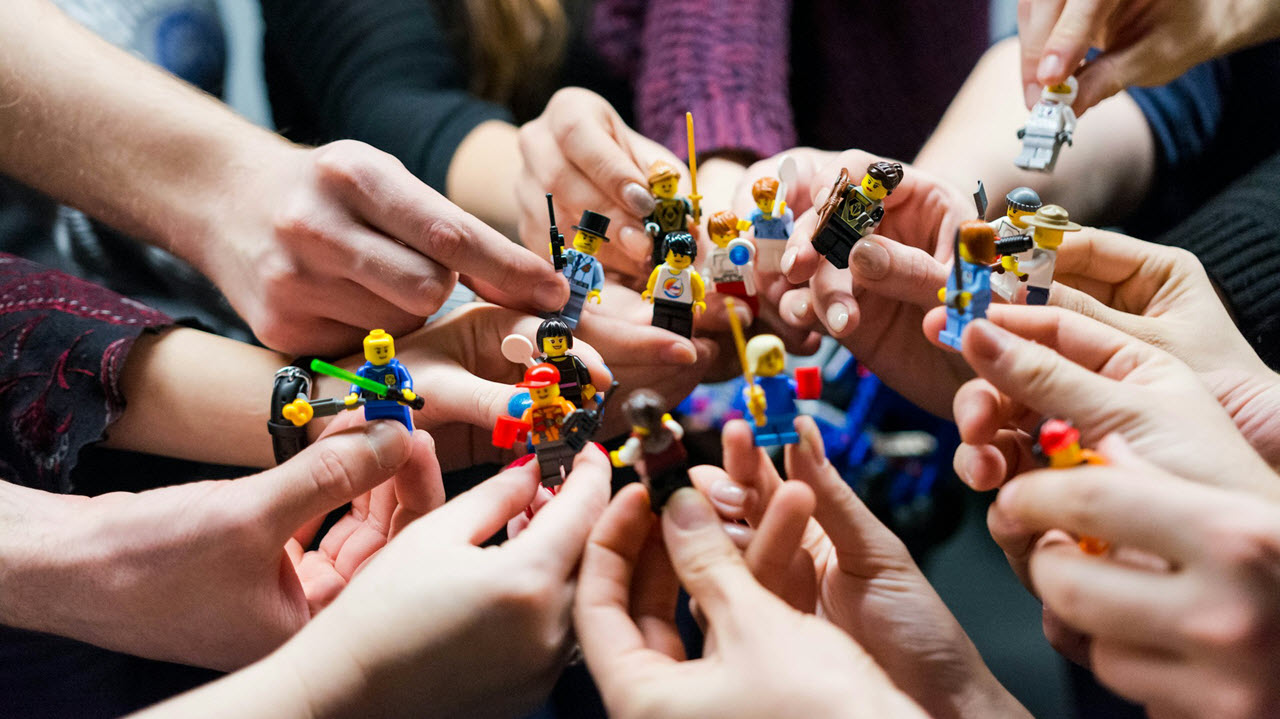Lessons in Changing Countries and Traversing Multiple Identities
Each one of us has multiple identities. However, we often do not take time to consider what they are and how they affect our lives. Importantly for this article, we often do not consider how those identities influence, and are impacted by, the significant changes we experience. I’d like to share how I navigated changing countries and culture through the lens of multiple identities. This insightful experience has had a profound influence on the way I approach my change management work.
I made a conscious decision to move to Australia in 2015. My brother had been living there for a while and I wanted to be closer to him and his family. I knew this decision would mean adapting to many new things: a new city, a new language, meeting new people and making new friends. As scary at it sounded, I felt ready for that and had been preparing for it too. Being closer to my brother was motivating enough to go through these changes. I had answered two key questions that as change management practitioners we often spend a lot of time trying to answer: Why change? and What will the changes be?
My awareness of the changes to come and my clear personal motivation weren’t enough preparation for what came next. Like a global pandemic! And a number of assumptions I had made without evidence to confirm them! I quickly realised I would have to challenge and redefine my understanding of myself, reshaping many of my identities in a lasting way. In the next sections of the article, I reflect on the identities that were challenged and how.
My Identity as a Change Management Practitioner
My moving abroad wasn’t professionally motivated. In fact, I knew little about the job market in Australia. I didn’t really think that it would be any different than Colombia. I was confident I would find a job as a Change Consultant, a role that I had been doing since moving from The Netherlands back to Colombia. My assumptions were quickly challenged because the Australian job market wasn’t what I had imagined.
Back in Colombia, the industry was small, and roles like Change Analyst or Change Lead didn’t exist. There was no hierarchy. I had to explore, Which role fits me? What’s the difference between them? After some research, I decided my experience made me a Senior Change Consultant. I put that on my LinkedIn profile and applied for jobs at that level.
I’ll never forget when someone told me, “You’d fit better as a Change Analyst.” How deflating! Was this why I kept getting rejection emails? Their comment fuelled my growing self-doubt.
When I asked why, they said I lacked a clear specialty. That was the second shock. I had worked across various organisational changes without knowing such distinctions existed. In Australia, change management practitioners often specialise in areas like technology, organisational design, or culture. My broad experience seemed like a disadvantage, and they advised me to pick one area and stick to it.
While specialisation is common, I believe a broader set of skills and experience in change management is invaluable. Dividing change management activity into compartments, risks overlooking intersecting impacts and failing to plan for and act on those.
My Identity as a Professional Migrant
This was the most challenging identity reshaping I went through, due to contradictory signals from the Australian market. There were plenty of roles, but constant rejections. Recruiters kept asking, “Do you have local experience?” How could I? I’d just arrived. Their response was, “Sorry, I can’t help you much. Reach out again when you do, then we can talk. Best of luck!”. How did migrants get that first job break into the Australian market?
I wondered if there was more to the ‘no local experience’ argument. Was my Spanish accent a problem? Did recruiters (and organizations) think that I wouldn’t manage in an all-English corporate environment? Was it because I came from a ‘troubled, third world’ country and my professional experience wasn’t corporate enough? Were Australians corporations worried that cultural acclimatation would take longer for a migrant and thus become a burden to them?
Interestingly enough, many colleagues have recognised that being a professional migrant is courageous and valuable. Being able to draw from diverse experiences adds value to the work I do as a change management practitioner, and I strive to challenge views that may carry unconscious biases.
My New Identity as an Employee
In July 2020, I landed a Change Manager role at one of Australia’s largest banks. Strict lockdowns meant no in-person meetings or office visits—my onboarding was entirely online. (Fun fact: It took eight months before I started commuting to the office once a week.) Adapting to my new identity as an employee was tough. I struggled to feel part of the team or organisation, as online interactions made adopting organizational behaviours and beliefs challenging, despite efforts to stay connected.
For instance, I initially felt disconnected from my manager, thinking her infrequent check-ins meant she didn’t value my work. I felt isolated until conversations revealed the organisation’s emphasis on autonomy—her distance reflected trust in my skills, not disinterest. I doubt this misunderstanding would have occurred in an office setting.
This experience made me realise the importance of clarifying expectations and perceptions early, a lesson I now apply to foster trust and understanding in times of uncertainty.
My New Identity as a Melburnian
Melbourne, Australia’s second-largest city, endured one of the world’s longest and strictest pandemic lockdowns. Restricted to a 5km radius, I often wondered if I was truly experiencing life in Melbourne – the world’s most liveable city! Was visiting the local park or supermarket enough to get a sense of the city’s essence? With empty streets, closed shops, and shuttered restaurants, I missed out on Melbourne’s renowned nightlife, dining, and cultural buzz for much of my first two years.
How do you create an identity in a new city when you can’t explore it fully? While it took time to feel like a true Melburnian—and perhaps that identity is still evolving—I came to appreciate the small victories, like finding a hidden park or discovering a new walking route. This experience taught me to value small explorations, incremental progress and adaptability when navigating uncertain or constrained environments.
–
I knew that moving to Melbourne would bring a lot of big and obvious changes—navigating life in another language, driving on the other side of the road, meeting new people and trying new things. What I didn’t expect was how much my core identities would be challenged and reshaped. Paradoxically, I wasn’t ready for it. Event though I chose this change, it took time to let go of old habits, beliefs, and identities and make space for new ones. This journey taught me that transformation requires more than just external change—it demands patience, self-compassion, and the courage to embrace uncertainty.
–
Image: Maria shares a cultural experience with a friend as she walks through a vibrant, graffiti-covered alleyway in Melbourne, Australia.







